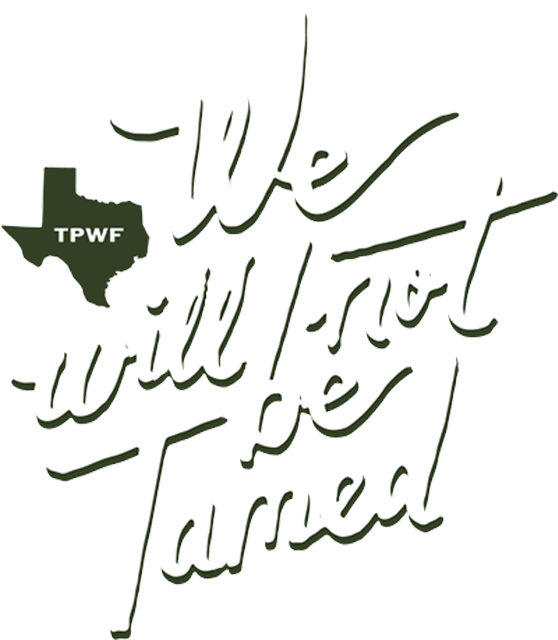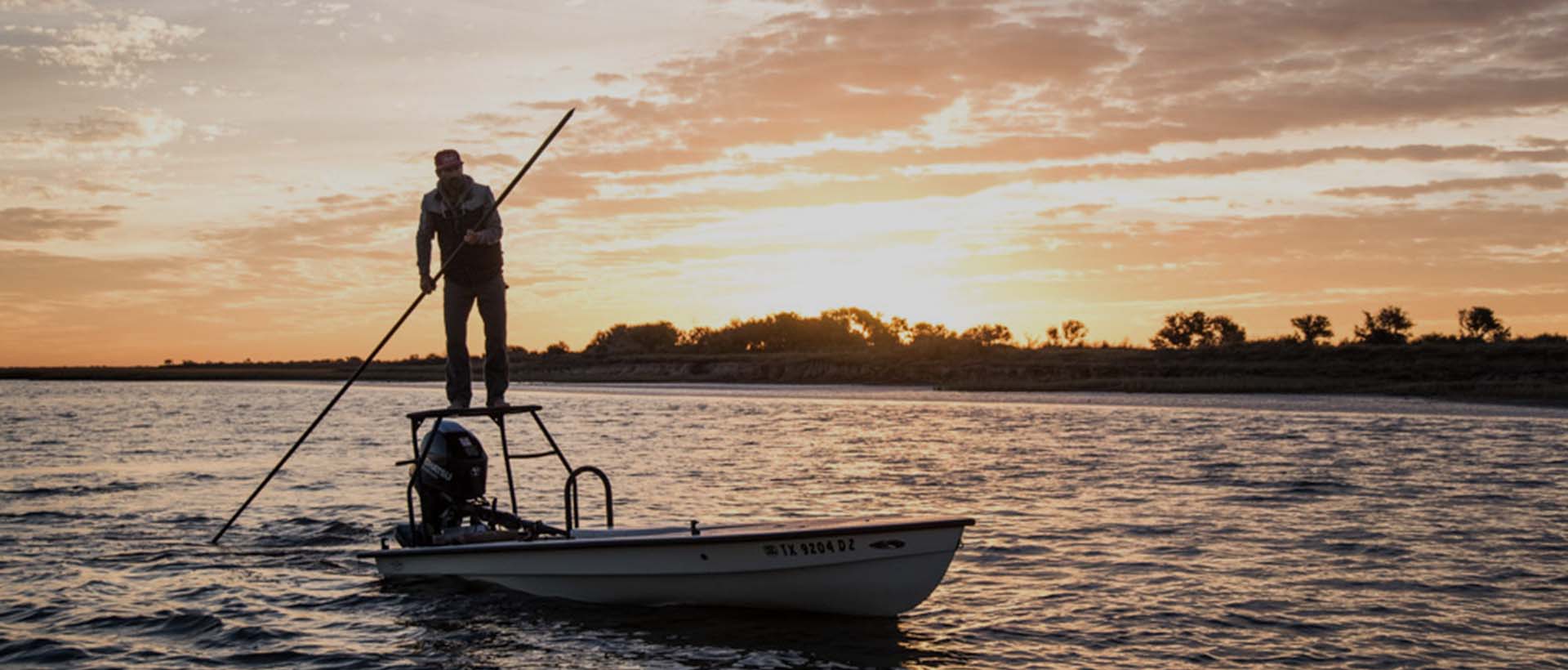If you ask JT Van Zandt what’s new in his life, his answer is simple.
“Nothing, really,” he says with a laugh. “I just take people fishing. Then, on my days off, I go fishing. Family is priority. I have young children, so I have to balance it all. The same as everyone else out there, just trying to live my best life.”
JT Van Zandt has been fly fishing for more than 30 years. He started guiding in Colorado after graduating from UT in 1993, then back in Central Texas rivers while working at the Austin Angler. He worked seasonally as a carpenter to make ends meet, ultimately starting a cabinet business in Austin in 2004. After years of managing employees, he realized the stress was not what he was looking for in his life’s work.
“With the support of my wife, I went back to guiding full-time and that was all she wrote. From that point on, I was all in on fly fishing, but this time in saltwater.”
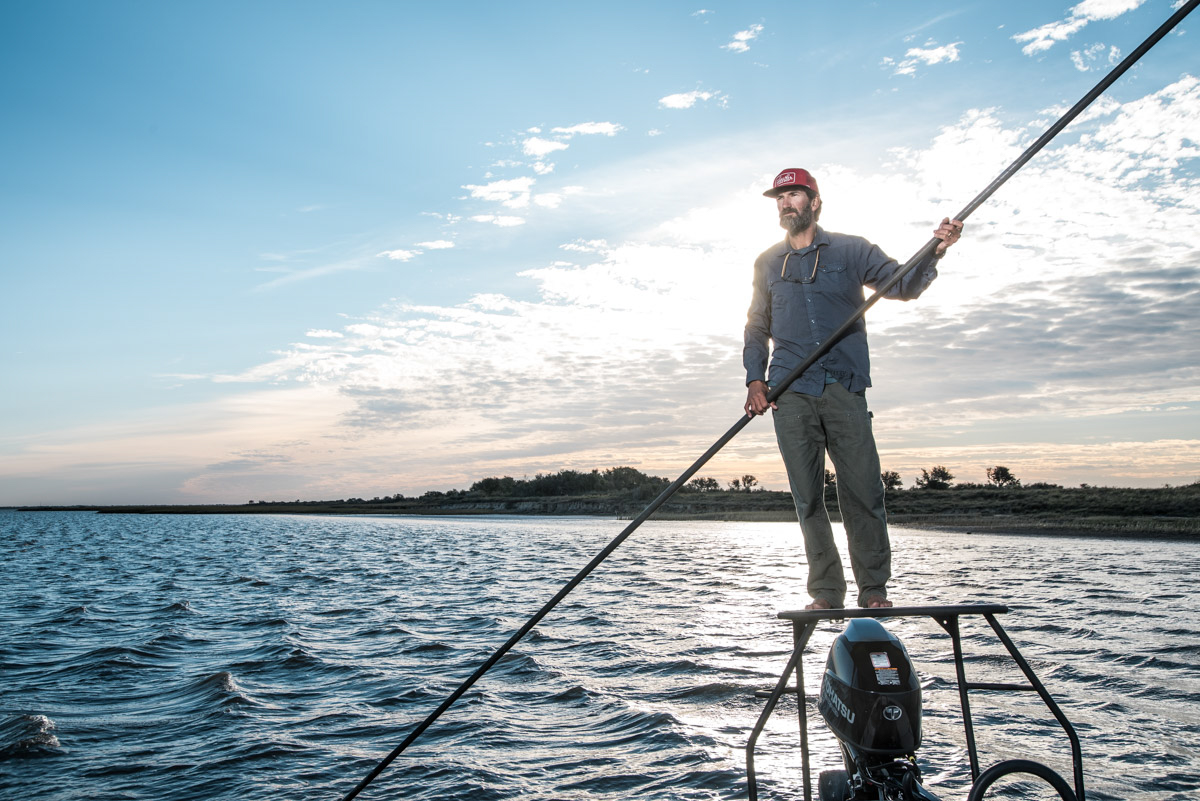
Van Zandt’s calling card is sight casting to redfish on the Texas Coast with occasional breaks hosting destination trips around the world.
“Sight casting ruins people on other types of fishing because it’s much more like hunting. If you can picture yourself stalking through the forest with a bow and arrow, patiently waiting until you get within close range of your prey, that’s exactly what sight fishing is. You get the same buck fever from spotting and approaching an active fish in shallow water. The newer you are at it, the more intense that adrenaline rush is. Over time, you come to enjoy the confidence you’ve gained. It’s just a very exciting way to go about it.”
For years, he took between 200-250 charters a year.
“I couldn’t force myself to turn down anyone who wanted to fish with me, but it wasn’t physically sustainable. I’ve dialed it back a bit to achieve that work / family balance. Now I fish five days a week during the productive times and take a month off here and there.”
“The real reason I can’t stay off the water is the learning, it never stops. My understanding of the middle Texas Coast Fishery is my life’s work. I don’t need to catch anymore redfish. I’d rather just study them. Sharing the experience as a guide, introducing people to this fishery and teaching them to catch fish is way more exciting for me than fishing by myself.”
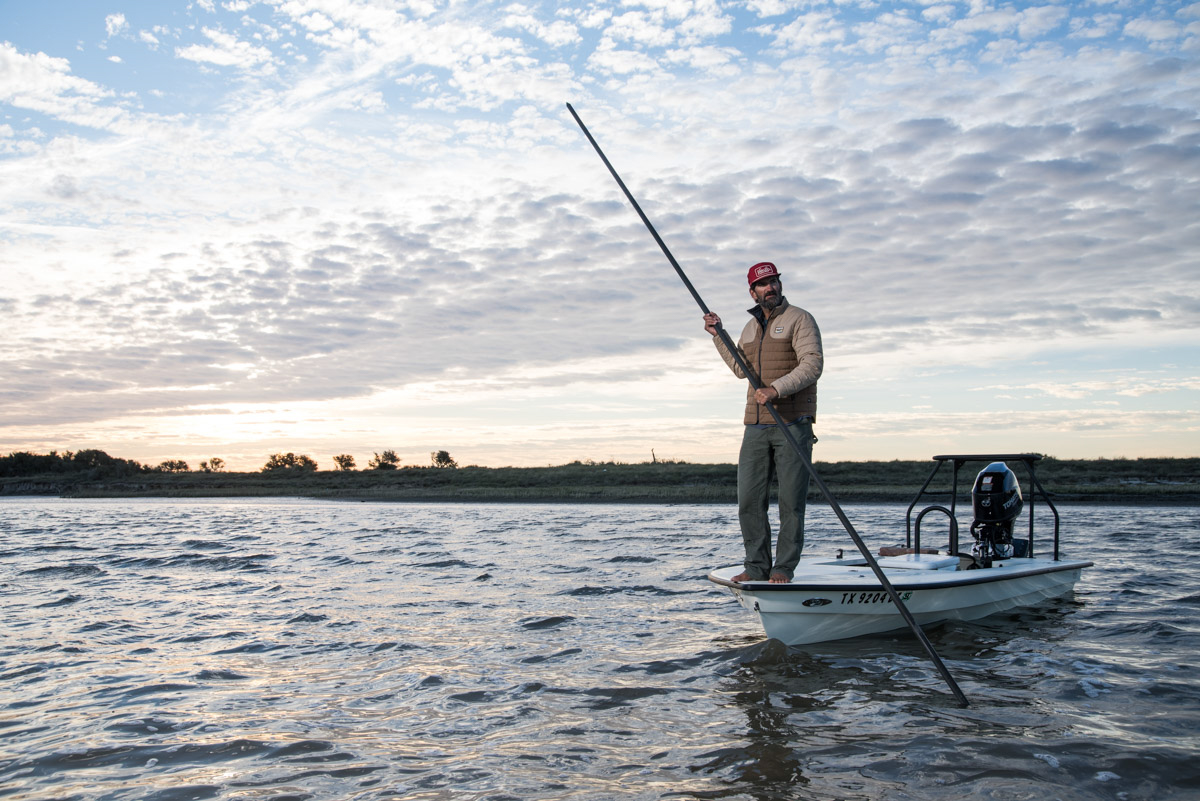
These days, JT is dedicated to conservation and serves on Texas Parks and Wildlife Department’s Coastal Resource Advisory Committee.
“I’ve entered the preservation / conservation phase of my life, and I want to do all I can to give back to the habitat that has supported me and my family all these years. Conservation is not something you do in your free time. It is a way of life. Water consumption, the products you consume, the choices you make. Dedicate personal time to educate yourself and advocate to lessen the impact your household practices have on the environment. I think if more people understood just how magical the Texas Coast is, they would do more to get behind any effort to conserve it. For example, watering your yard in Austin allows less water to reach the estuary. Switch to plants and ground cover that are drought resistant.”
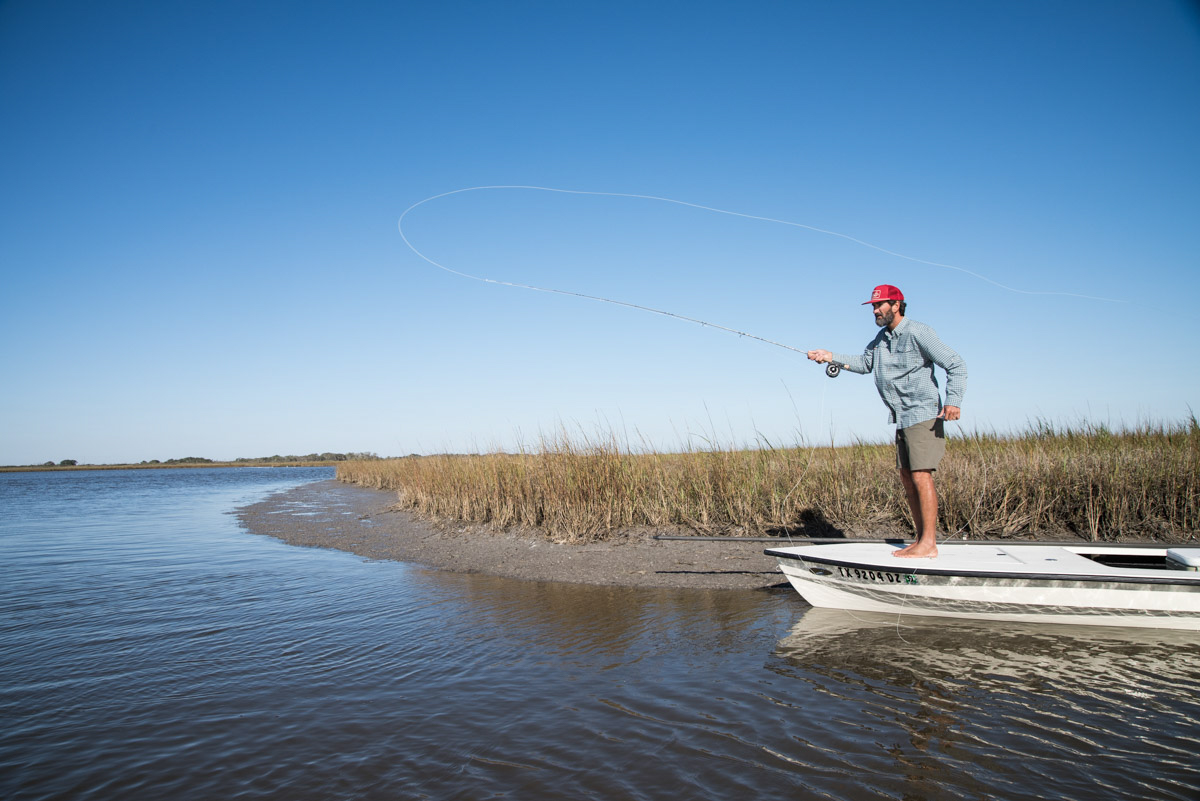
In the past 30 years, JT has witnessed many changes in the place he loves.
“It used to be that there were so few people down here on the middle Texas Coast that bad behavior had very little consequence, but now there is way more pressure on the resource. More people means destructive boating behavior has serious negative consequences. I like to operate my business under the ethos that I will do my best not have a negative impact on the habitat or on someone else’s outdoor experience. I believe that through educational campaigns initiated by TPWD, Coastal Conservation Association, FlatsWorthy, Coastal Bend Bays Foundation and other grassroots efforts, everyone can eventually check those two boxes.”
The more people who understand the sensitivity of coastal resources, the more they will want to conserve them. That’s one of the reasons JT Van Zandt answered the call to be a Texas Parks and Wildlife Foundation We Will Not Be Tamed ambassador. We Will Not Be Tamed encourages us to appreciate the wildness of Texas, the vastness of our Texas spirit and why we should be inspired to conserve it.
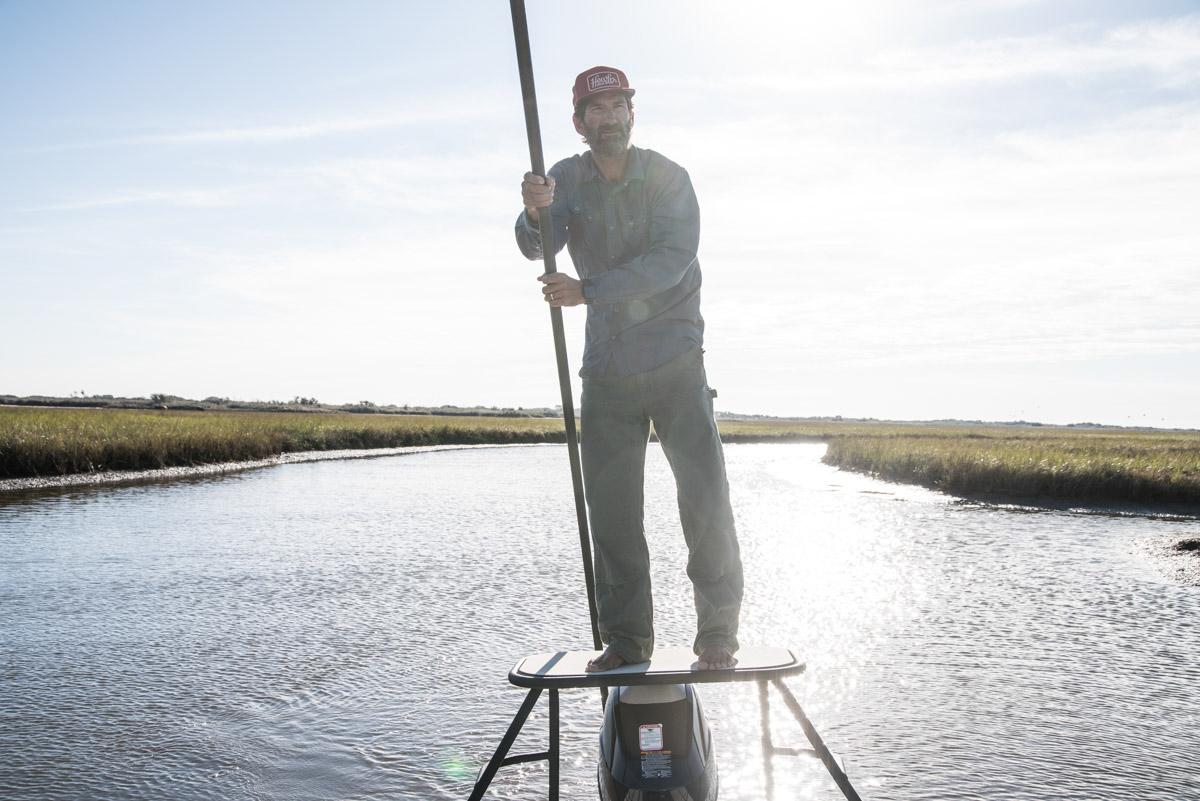
“This is a sensitive aquatic wilderness that needs all of us to help protect it. You can’t complain about anything if you’re not involved in trying to fix it. We all have an impact on our environment. If we know that something is in decline and that particular behaviors, if modified, could prevent negative effects on the environment, why wouldn’t we take every precautionary measure possible to err on the side of caution? We all depend on clean air and water to survive. We should get behind every effort to conserve what we have for future generations.”
